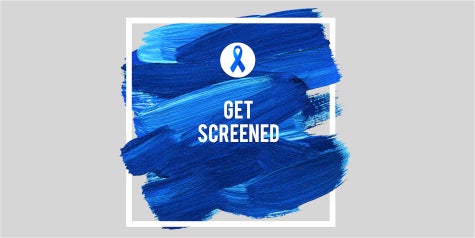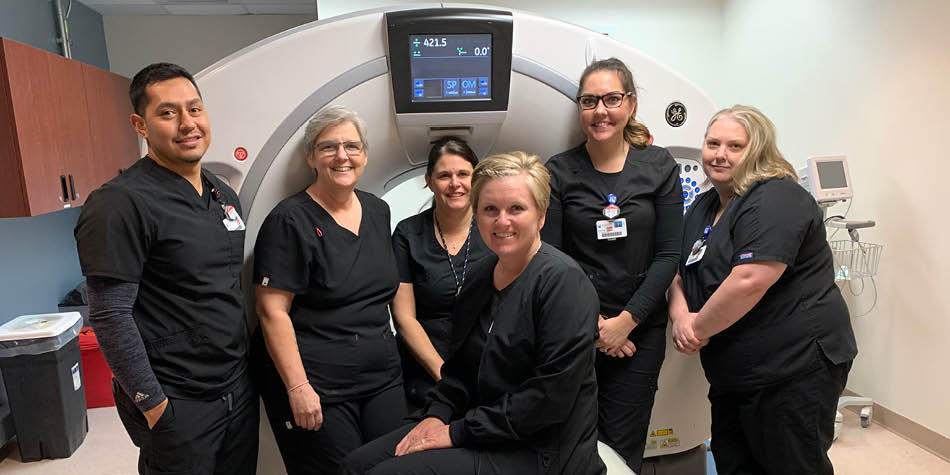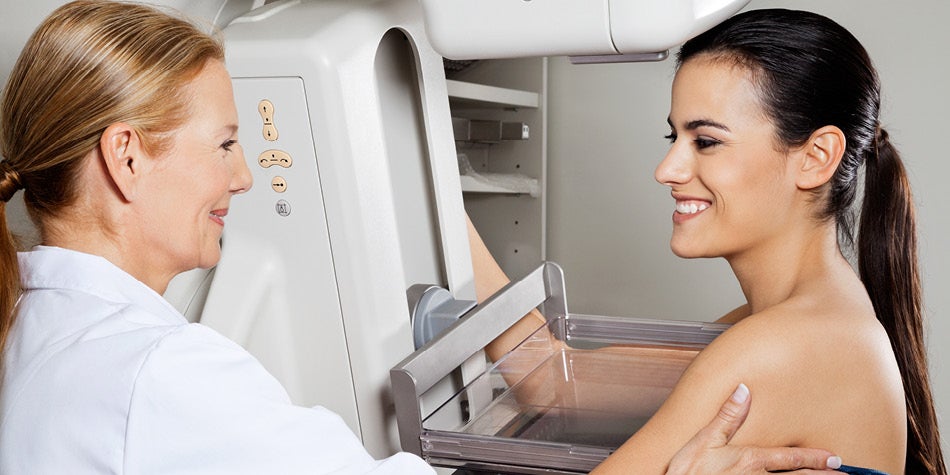Too Young to Have Colon Cancer!

While more common after the age 45, colon cancer can occur at any age. People with a strong family history of colon cancer, chronic diseases such as ulcerative colitis and Crohn’s disease, and those with certain genetic syndromes including Lynch syndrome and familial adenomatous polyposis are at higher risk for a colon cancer diagnosis at a younger age. Some other risk factors for colon cancer are obesity, history of diabetes, tobacco smoking, alcohol and high consumption of red or processed meat.
Signs and symptoms of colon cancer are all related to the digestive system. The appearance of blood in the stool or stools that are black or tarry are typical signs along with severe constipation, uncontrolled diarrhea, weight loss in spite of adequate nutrition and abdominal pain. Anyone experiencing these symptoms should visit their primary care physician for evaluation. He or she will conduct a physical examination and likely recommend a colonoscopy. A colonoscopy is a procedure that provides a picture of the inside of the colon through a small camera inserted through the rectum while the patient is sedated. The physician conducting the colonoscopy will look for polyps, which are small growths, a mass or a suspicious lesion.
If the colonoscopy reveals cancer, the patient is referred to an oncologist for treatment. The treatment plan is individualized for each patient and will depend on the size of the cancer, its location, how invasive it is and whether it has spread. Options include surgery, chemotherapy or radiation, or a combination depending on the final stage of the cancer.
While risk factors such as family history can’t be changed, Baptist oncologist Dr. Syed Imran Jafri recommends certain lifestyle habits that can help prevent colon cancer. “Regular exercise helps, along with a diet rich in fruits, vegetables and fiber,” he said. “Knowing your family and personal history and discussing it with your primary care physician is the most important thing. Understand your own medical history and your own symptoms.”


